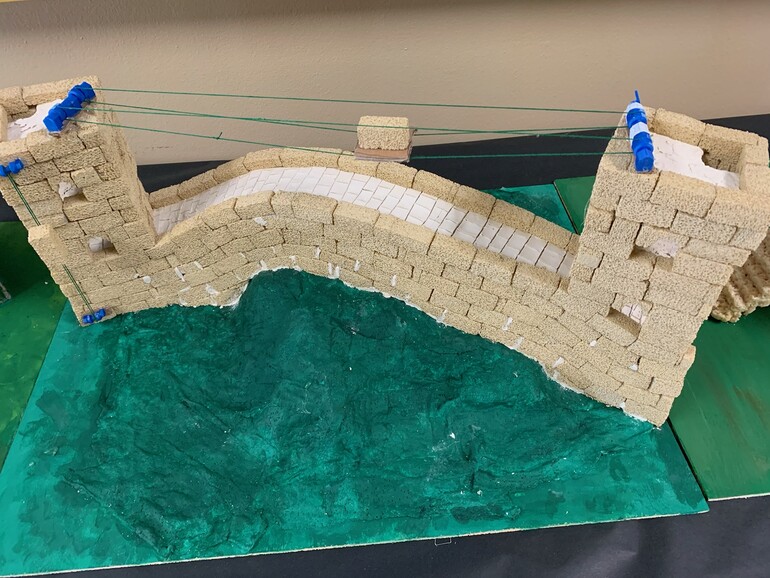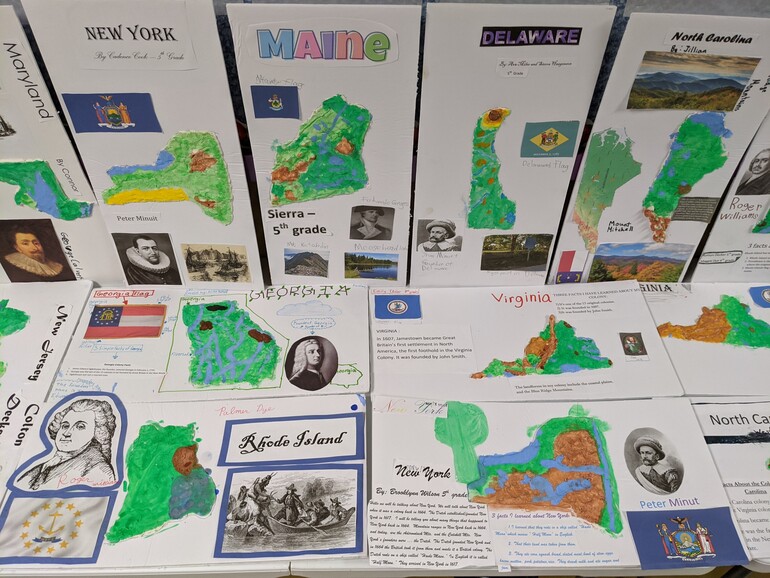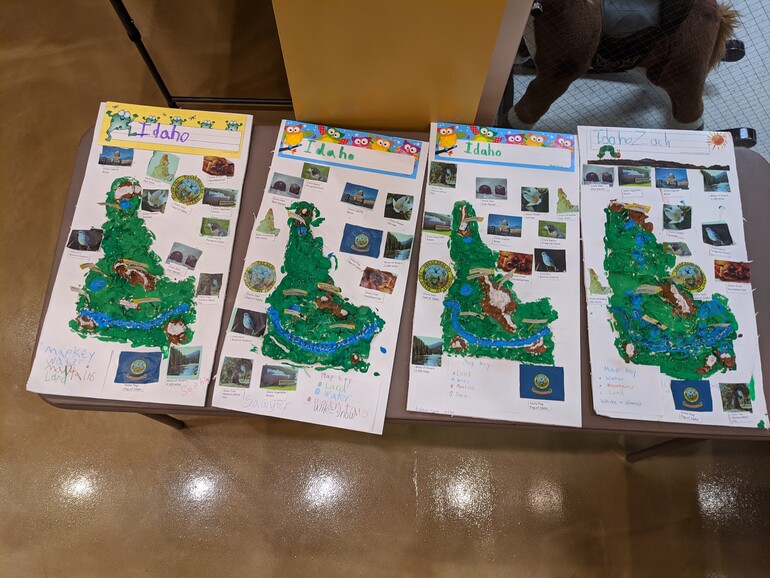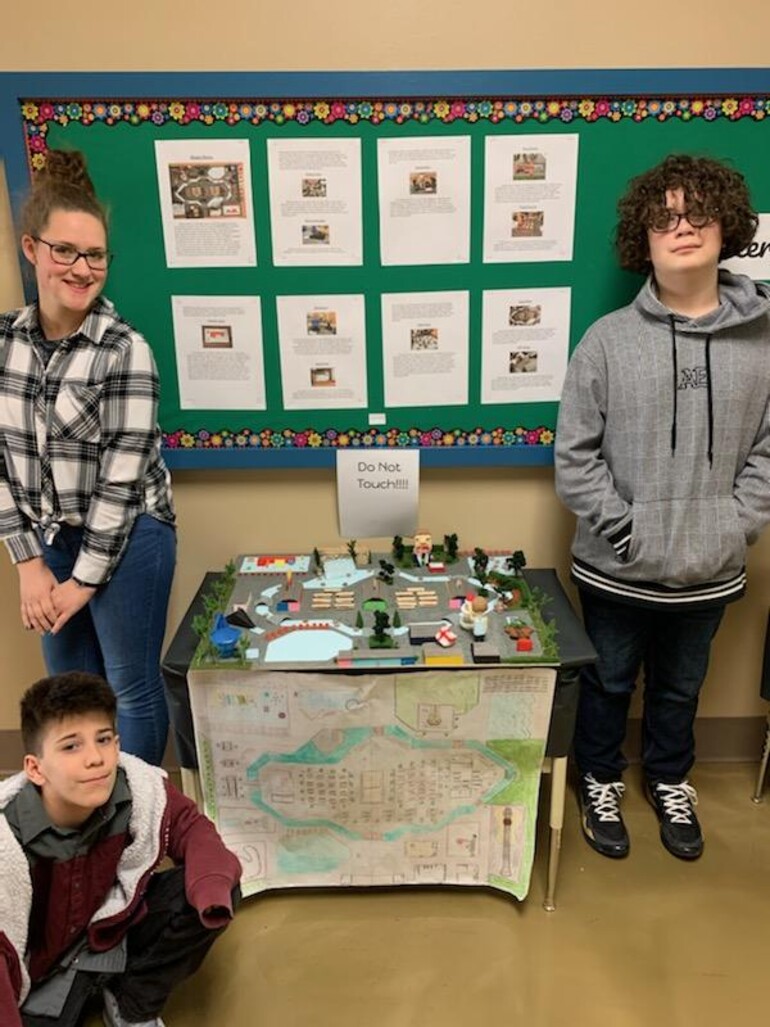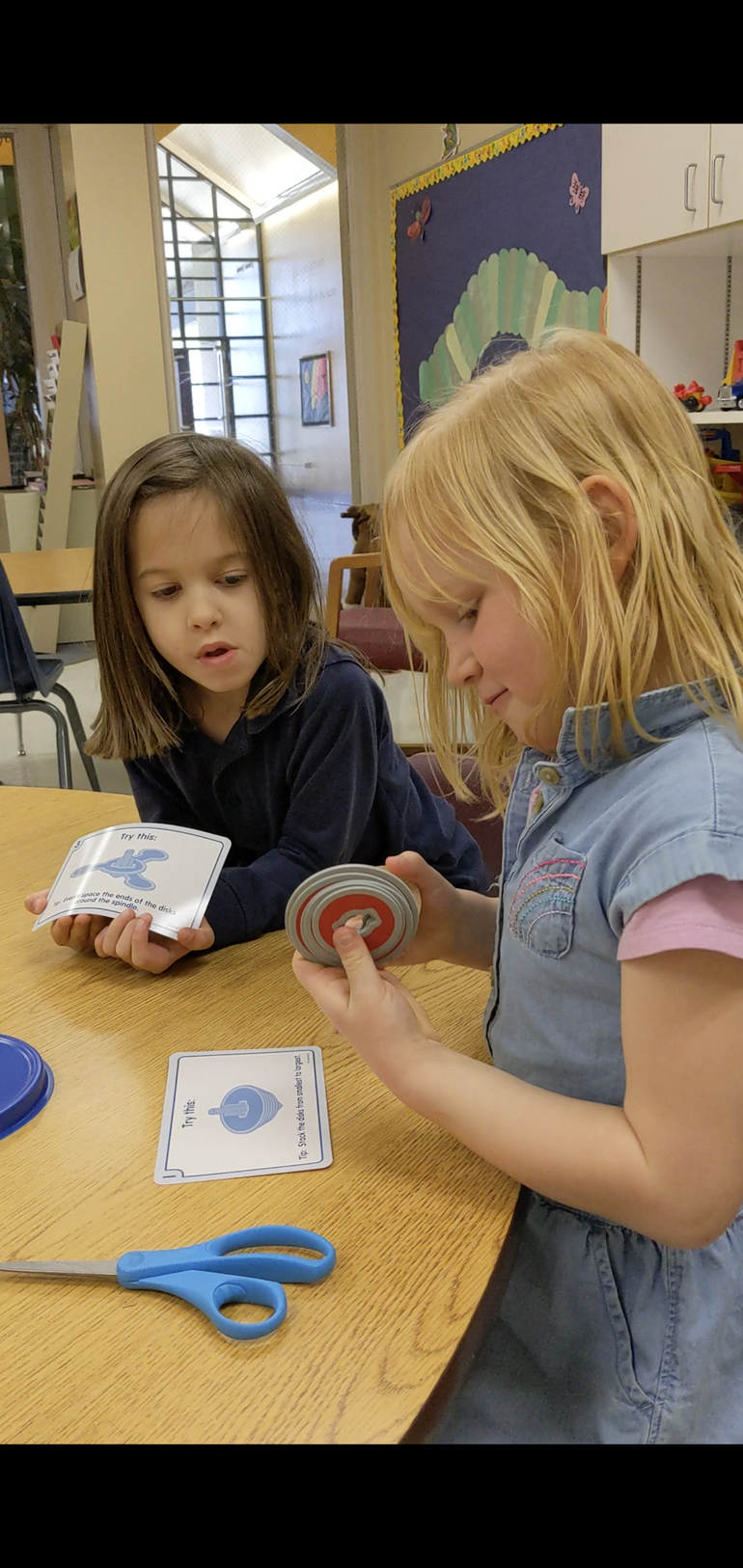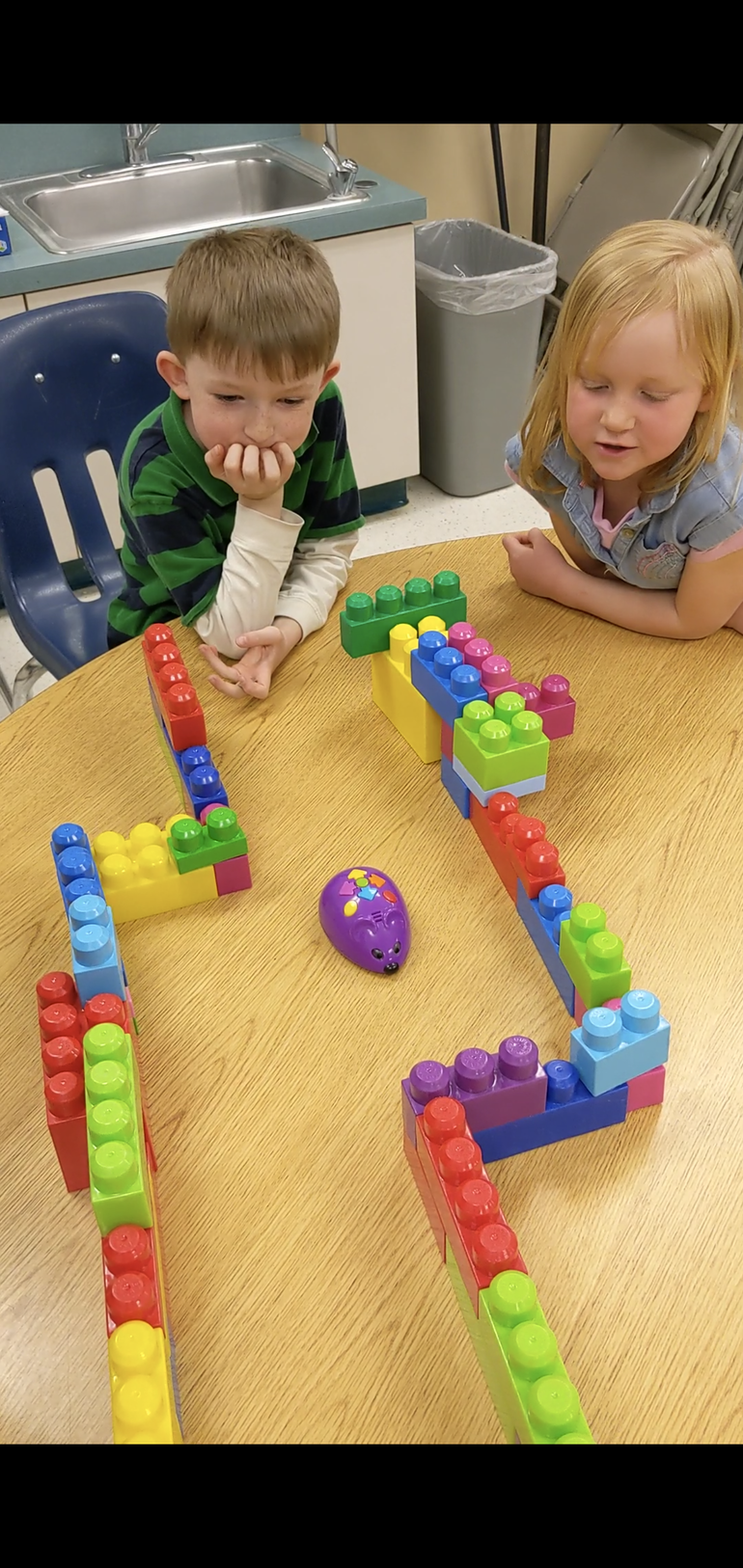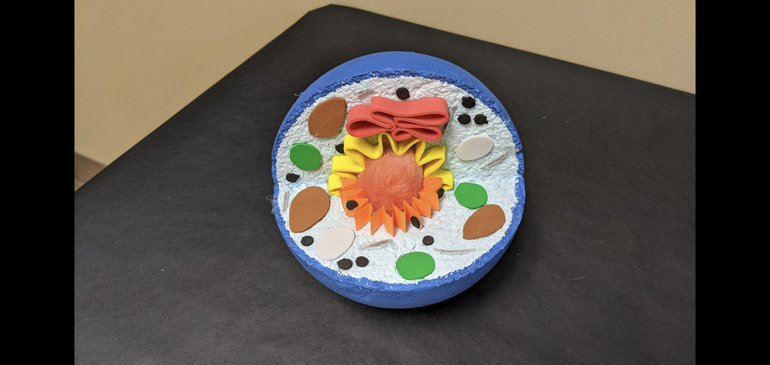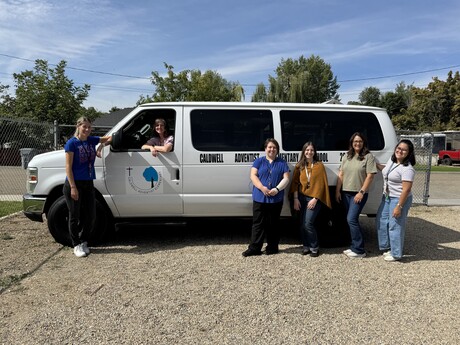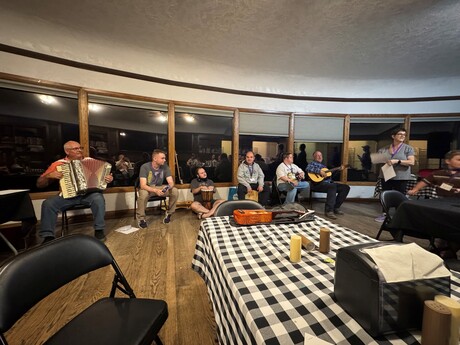Boise Valley Adventist School embarked on an adventure in the fall of 2018 to become a STEM-accredited school.
The idea was born when Ken Utt joined the school team as principal. His goal was for the school to become the first STEM-accredited Adventist school in the Northwest and the third STEM-accredited school in the Boise Valley. “As STEM becomes more of an integral part of society, it is apparent that it must also become an integral part of our educational system," Utt says. "Therefore, it’s important that we get on board.”
Thus, began planning toward STEM certification. Utt explains, “My goal is first to get the teachers STEM-certified and then begin working to get the school STEM-accredited.”
The process of certification involved contacting the school accreditation association to verify certification requirements, attending a two-day workshop on project-based learning, attending a two-day workshop on STEM education, enrolling in a STEM training class, visiting a STEM-certified school, incorporating STEM activities into the curriculum and applying for a STEM-focused grant to fund instructional materials.
As teachers and staff went through the certification process, several noted struggles along the way. For some, the concept of project-based learning was overwhelming. Others battled to carve out a block of time in their daily lessons. And still others labored to balance taking the STEM class with daily life. Melanie Lawson, BVAS kindergarden teacher, notes the road has not been an easy one, but it has certainly been worth the time and effort to advance the school and educational system.
As a result of the certification process thus far, teachers are becoming more comfortable with the concept of STEM and incorporating activities into their curriculum. In the kindergarten class students are learning to code with a codable robot and learning about force and motion by designing spinner tops. In the first and second grade class, students learned to research facts about their state and create a topographical map.
In third through fifth grades, students did a similar project researching facts about a colony and creating a salt-dough replica of that colony. In grades six through eight, students designed a water park, replicated a 3D model of the Great Wall of China and created a 3D model of a cell. Utt explains, “Through the implementation of these STEM/PBL activities, students are not only getting to participate in fun projects, but these projects are also preparing students with 21st-century job skills, such as collaboration, communication, problem-solving and technology use."
“All staff at Boise Valley Adventist School are now STEM-certified,” Utt notes. “We are treading new waters and providing a learning opportunity that can’t be provided through any other educational avenue. It’s exciting to be part of a forward-thinking educational system where students can develop skills to thrive in their academic careers and future endeavors. Next stop: STEM accreditation.”




